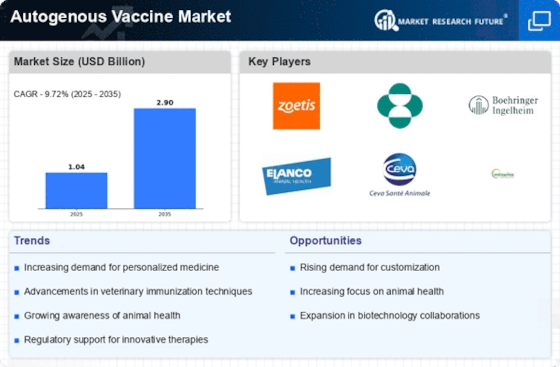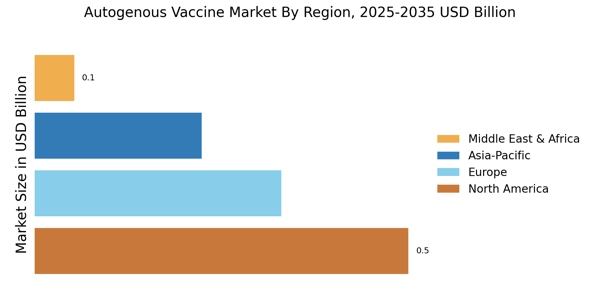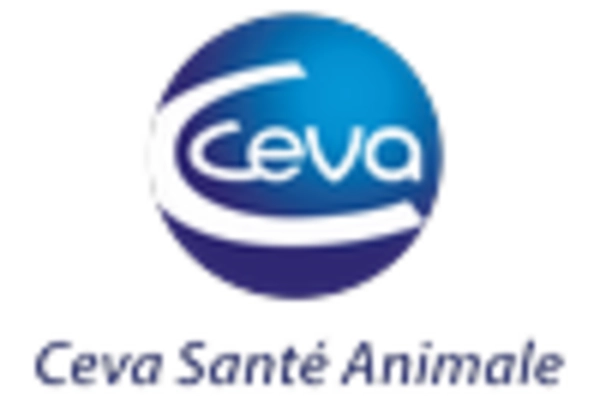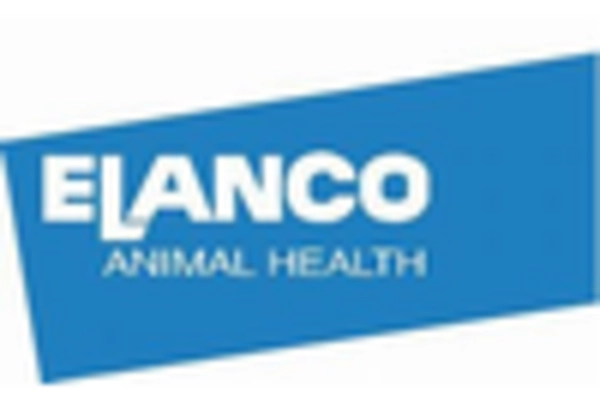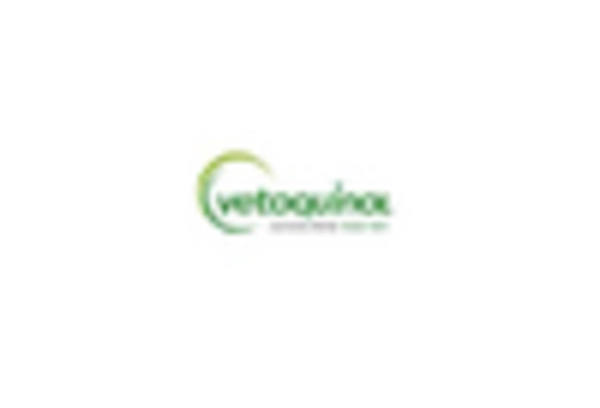Increasing Awareness of Animal Health
The rising awareness regarding animal health and welfare is a pivotal driver for the Autogenous Vaccine Market. Pet owners and livestock producers are becoming increasingly conscious of the health implications of diseases in animals. This heightened awareness is leading to a greater demand for tailored vaccination solutions that can effectively address specific health issues. As a result, the Autogenous Vaccine Market is witnessing a surge in interest, with an estimated growth rate of around 8% annually. This trend is likely to continue as stakeholders prioritize preventive measures to ensure the well-being of their animals, thereby fostering a more robust market environment.
Supportive Government Initiatives and Funding
Supportive government initiatives and funding for veterinary health programs are fostering growth in the Autogenous Vaccine Market. Many governments are recognizing the importance of animal health in ensuring food security and public health. Consequently, they are investing in research and development of veterinary vaccines, including autogenous options. This financial backing is likely to stimulate innovation and increase the availability of these vaccines in the market. With government support, the Autogenous Vaccine Market could see a potential increase in market penetration, estimated at around 12% over the next few years, as more resources are allocated to combat animal diseases.
Technological Innovations in Vaccine Development
Technological advancements in vaccine development are significantly influencing the Autogenous Vaccine Market. Innovations such as recombinant DNA technology and advanced adjuvant formulations are enhancing the efficacy and safety profiles of autogenous vaccines. These developments not only improve the immunogenic response but also reduce the time required for vaccine production. The market is projected to expand as these technologies become more accessible, with a potential increase in market size by 15% over the next five years. Consequently, the Autogenous Vaccine Market is poised for substantial growth, driven by the need for more effective and efficient vaccination solutions.
Rising Incidence of Infectious Diseases in Animals
The increasing incidence of infectious diseases among livestock and pets is a critical driver for the Autogenous Vaccine Market. Outbreaks of diseases such as avian influenza and porcine reproductive and respiratory syndrome have underscored the necessity for effective vaccination strategies. The market is responding to this urgent need, with a projected increase in demand for autogenous vaccines tailored to combat specific pathogens. This trend is expected to propel the market forward, with estimates suggesting a growth of approximately 10% in the coming years. As the focus on disease prevention intensifies, the Autogenous Vaccine Market is likely to expand significantly.
Growing Demand for Sustainable Animal Farming Practices
The growing demand for sustainable animal farming practices is emerging as a significant driver for the Autogenous Vaccine Market. Consumers are increasingly advocating for ethical treatment of animals and environmentally friendly farming methods. This shift in consumer preferences is prompting farmers to adopt practices that minimize the use of antibiotics and promote animal welfare. Autogenous vaccines, which are tailored to specific pathogens, align well with these sustainable practices by reducing the need for broad-spectrum antibiotics. As a result, the market is likely to experience a growth trajectory of around 9% as more farmers seek to implement sustainable solutions in their operations.


